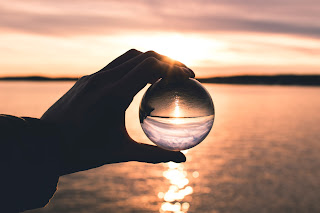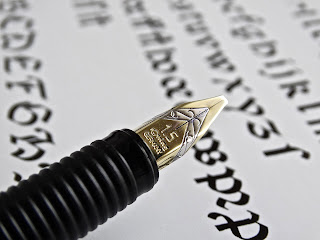Photo credit: Marina Leonova via Pexels
Word nerd alert: My fascination
with slang continues...while researching Irish colloquialisms for a new project,
I went down a rabbit hole (which I seem to do quite a lot these days. Is it
just me, or does anyone else have the attention span of a gnat lately?) Following
the "show, don't tell" rule, I was looking for a way to demonstrate a
character's Irish heritage and found some fun stuff.
It's endlessly fascinating to me
that people who speak the same language, using the same words, can assign them such
vastly different meanings. Here are some of my new favorite Irish words and expressions:
Up to 90
This phrase is most often used to mean flat out busy, but might also refer to being really angry.
Banjaxed
Used to describe something or someone that's not working or broken. I may start using this one. A friend and I often chat about the adjustment we've had to make in our vocabularies since getting government jobs, (she worked in radio, a very Tower-like environment). I'm always on the lookout for office-appropriate ways to express frustration. This friend often says she'd like credit for what doesn't come out of her mouth.
C'mere to me This one just feels charmingly Irish to me. It can literally be a request for someone to come over to you, or if you want someone to listen to you. Not sure I can remember my grandfather saying it, but it seems like something he would say. It also reminds me of when my oldest niece coined the phrase, "Get away to me," when she was three.
Manky
Used to describe something that's dirty, as in unclean, not R-rated. (Although honestly, it sounds as if it could be either).
Minus craic
This term was completely new to me, and is used to describe a person or situation that's no fun. It might have helped if I'd known that craic means a good time or enjoyable social activity.
In any fictional endeavor, creating
authentic characters is crucial. Writing dialogue that sounds like real people
talking is a solid step toward that authenticity. It's not just what your
characters say, it's also how they say it.





